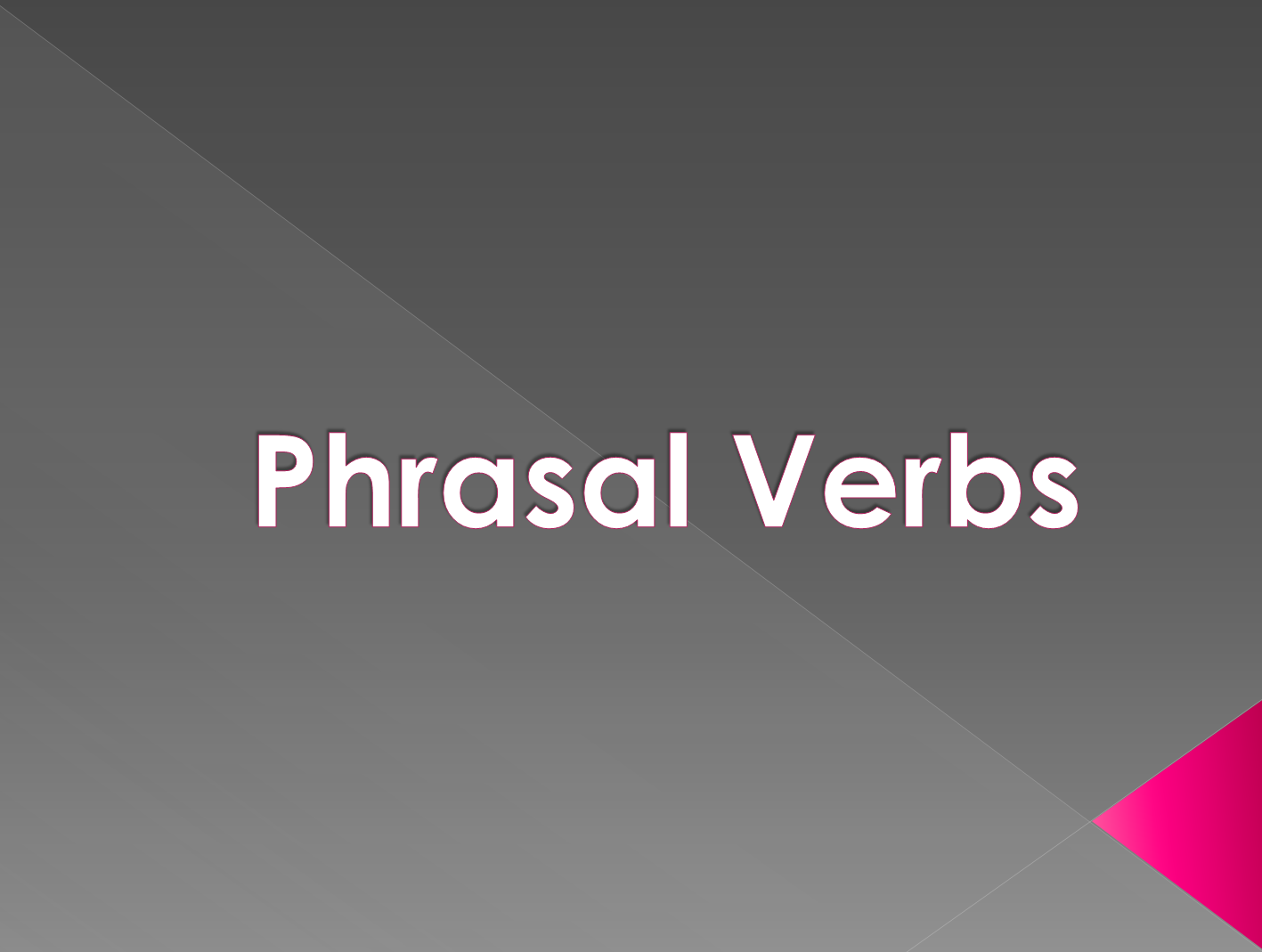
The topics in IELTS Speaking Exam are always about something familiar to you, such as “What you do”, “How are you? etc.
You should not speak too quickly or too slowly. It is also important to have good intonation and stress. You will not get a high score if you are too hesitant and have too many pauses when you speak, although a few pauses to collect your thoughts are fine.
Try not to speak too quickly, either. Rapid speech often indicates a lack of cohesion in what you are saying and severely affects the rhythm and flow of your speech.
Below is the list of few IELTS Speaking Questions by Mark Allen in Drawing and Painting category:
Question – Have you ever learned to draw?
Answer – To tell you the truth I never really had the time to learn to draw. I also really don’t have the talent to spend my time drawing.
Question – Do you draw now?
Answer – Yes, I sometimes like to draw. Not only is it a good form of relaxation, but I enjoy creating beautiful things and using my imagination. Even if I can’t draw very well I still enjoy it.
Question – What do you think are some of the benefits of drawing, for both children and adults?
Answer – Both children and adults need to use their creativity. Drawing teaches people to look at the world differently, more carefully and thoroughly, it helps people relax and have fun, and it gives you a chance to use your imagination.
You may also like:Note: kids get many benefits from drawing and painting. Artistic expression can offer urban children an appreciation of the beauty in the ordinary, like fruit, and expand their visual horizons beyond cityscapes to the wider world.
Drawing is fun and exciting. The benefits of drawing to every other facet of learning and communication are enormous. By learning to draw what we see we also learn to make connections and we learn to be able to describe what we otherwise would not be able to express. We learn to solve problems and to think about areas of knowledge and ideas that would not otherwise have occured to us.
- Idioms and Other Expressions Used For Talking About ‘Work’
- What Are Weasel Words?
- Money and Finance – Test Your Knowledge
- Phrasal Verbs, Idioms and Other Expressions Using ‘CUT’
- How to Say Time in English
- Idioms and Other Expressions Used For Talking About Money
- Shopping and Consumerism – Match the Correct Name
- Phrasal Verbs – Choose the Correct Verb
- Currency Markets – Choose The Best Words
- Personal Qualities – Use the Best Nouns and Adjectives








